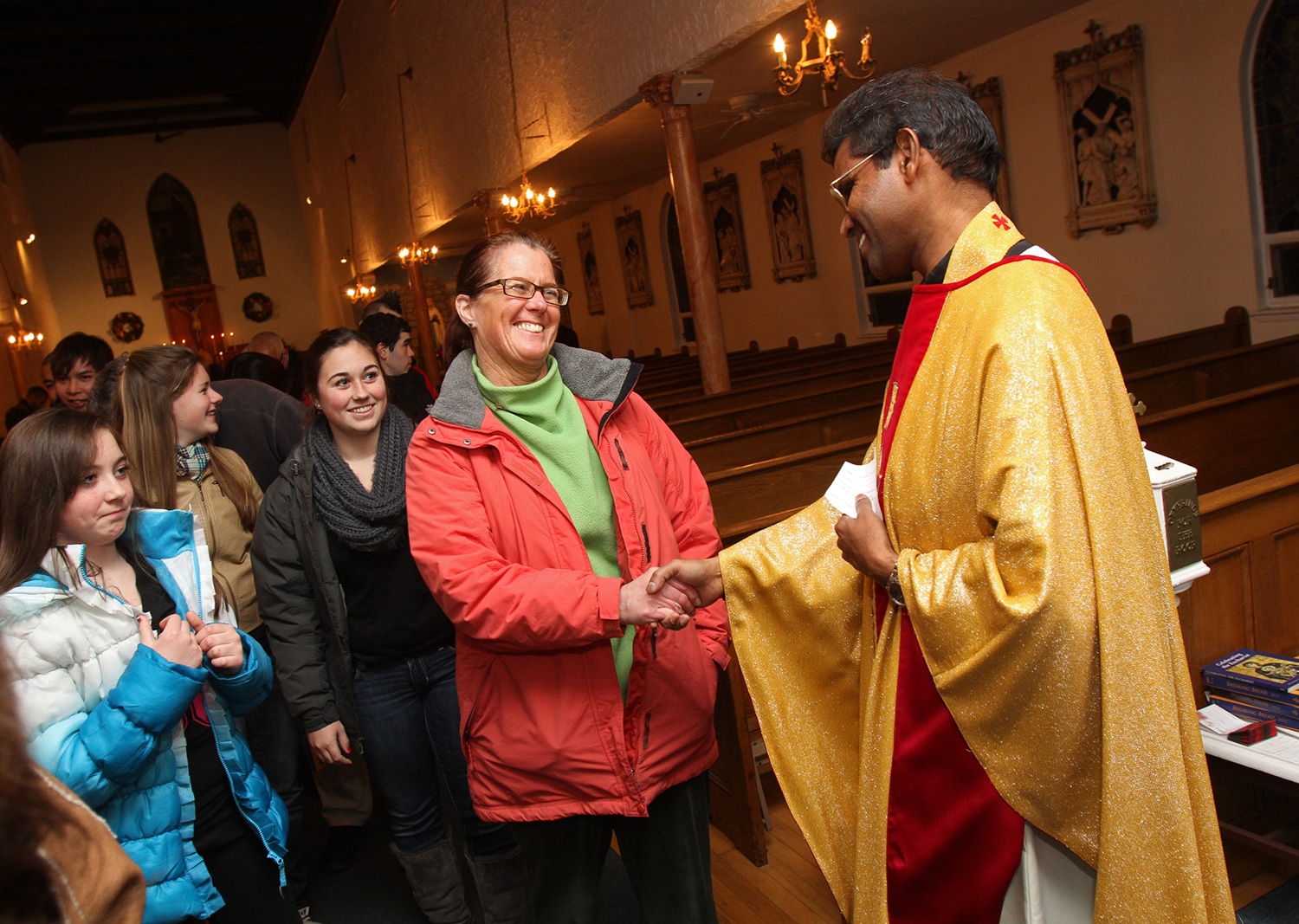Human language is not capable of exhausting the deep mysteries of God. This is because no human mind can comprehend those mysteries in their fullness. As St. John Henry Newman famously put the matter in his great work, “An Essay on the Development of Christian Doctrine,” there is “no one aspect deep enough to exhaust the contents of a real idea, no one term or proposition which will serve to define it; though of course one representation of it is more just and exact than another.” We might rephrase this by saying that doctrine develops through the fine art of making distinctions. This involves ongoing academic dialogue and magisterial judgments.
Often this conversation involves public debate and disputation, as theologians and philosophers attempt to deepen and refine our articulation of the truth about God and the world. The process by which our “representation” of God becomes “more exact” (to use Newman’s terms) often involves contrasting some truth of Christian doctrine to faulty, incomplete, or even false articulations. Our goal is to reach that beatific vision by which our partial understanding will be made full. For now, however, in the words of St. Paul, “we know in part” as “we see through a glass, darkly” (1 Cor 13:9, 12).
Doctrinal refinement is implicit in the Greek words that form our word, “theology,” which can roughly be translated as “conversation” or “reasoning” about God. Indeed, much of theological reflection is nothing more than making distinctions: distinguishing truthful statements of faith from those that are more or less truthful, or even false.
The Erasmus-Luther dispute
This process of theological refinement is illustrated in a dispute between the great Catholic priest and philosopher, Desiderius Erasmus and the founder of the Protestant schism, Martin Luther, initiated 500 years ago this year. Along with his closest friend, St. Thomas More, Erasmus was a leader in what we now call the rise of Christian humanism. Among other principles, these great Catholic thinkers emphasized the dignity of the human person, individual moral agency and the revival of happiness as the end of Christian life.
In 1524, Erasmus published his famous work, “Discourse on Free Will,” which provided an account of the free will of the human person, against Luther’s doctrine of the bondage of the will. Erasmus’ brief treatise could be read to serve two functions. First, it is a model of how to carry out a theological argument in good faith and even temper. Second, it is one of the great articulations of free will against Luther’s false doctrine of predestination.
Unlike many 16th-century polemicists (including, at times, St. Thomas More), Erasmus attempted to write in an irenic, conciliatory tone. This was true even when he was viciously attacked by early Protestant figures, such as Martin Luther, himself. While Erasmus could be as witty and ironic as More, the tone of his writing was more temperate than More’s disputes with 16th century schismatics. Coupled with that approach, Erasmus employed a style of argument that was more open to seeking common ground with his interlocutors. Often that was not possible, of course. And sometimes these attempts seem to make Erasmus more sympathetic to the Protestants than he was. But the style won him admiration at the time and an abiding example even after 500 years.
Erasmus’ approach and argument
As to the substance of “Discourse on Free Will,” Erasmus argued that Luther could not maintain that the human person has free moral agency, on the one hand, but no role in his eternal salvation, on the other. Like his French contemporary John Calvin, Luther taught a strong doctrine of predestination, by which God had destined some for salvation and some for damnation from all eternity. Thus, the human person could not cooperate in his salvation. But Luther also claimed that the human person is free to perform free moral actions in everyday life. Erasmus correctly showed that this is incoherent. Salvation, itself, involves the free moral choice of the human person, even in his fallen state. The human will is corrupted, yes; but it is not destroyed.
In both style and substance, the great Christian humanist philosopher Erasmus has much to teach us, even after 500 years. And he challenges us to “redeem the time” from his to ours, such that we can be edified by the brilliance of his mind and the comity of his approach. Erasmus is as much a man for our time as he was for his.







